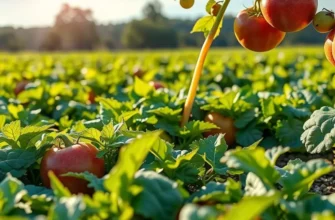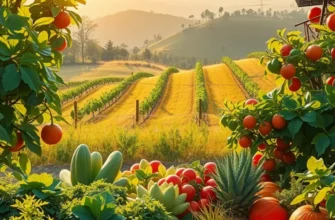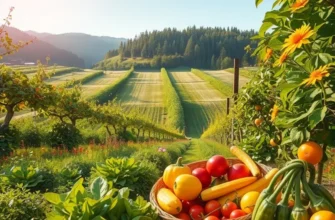Adopting eco-friendly food wrapping methods is an essential step in reducing waste and enhancing food management at home. With a variety of sustainable materials available, switching from traditional plastic wraps to more environmentally conscious options can significantly impact your household’s ecology. This guide aims to provide straightforward, actionable tips to help you make smarter choices about food storage while minimizing your carbon footprint.
Choosing Your Eco-Friendly Wrapping Materials
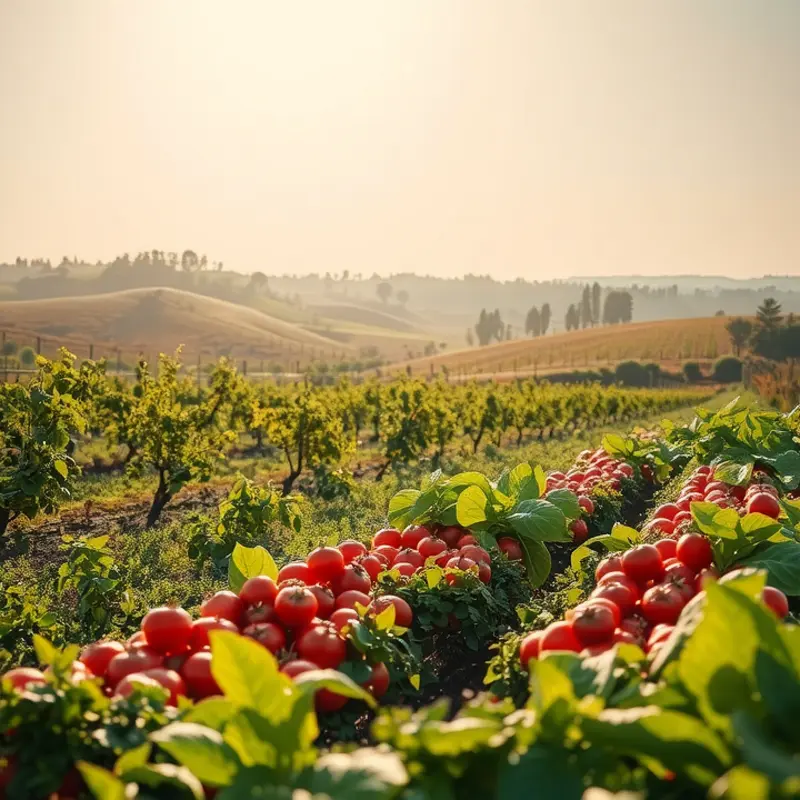
Exploring sustainable wrapping materials is a great step toward creating a greener kitchen. Traditional plastic wraps are convenient, but they contribute to unnecessary waste. Fortunately, there are eco-friendly alternatives that not only preserve your food but also help reduce your environmental footprint.
Beeswax Wraps
Beeswax wraps are a natural and biodegradable option. Made by infusing cotton fabric with a blend of beeswax, jojoba oil, and tree resin, these wraps are handy for covering bowls or wrapping sandwiches and snacks. Their natural stickiness allows them to mold around food and containers, creating a reliable seal without the single-use factor of plastic. After usage, simply wash them with cold water and mild soap, avoiding hot water to preserve the wax coating.
Silicone Covers
Silicone covers are another versatile option for eco-conscious kitchens. These are flexible, stretchable lids made from food-grade silicone, designed to fit snugly over various container shapes and sizes. Silicone covers are heat-resistant and durable, making them suitable for microwaves, freezers, and dishwashers. With a lifespan that extends far beyond any conventional wrap, they reduce the frequency of purchasing replacements and thus cut down on waste significantly.
Reusable Fabric Bags
Fabric bags, often crafted from cotton or hemp, are excellent for storing loose fruits, vegetables, and dry goods. Since they are breathable, they help maintain the natural moisture balance necessary for some produce, reducing spoilage. You can wash them after each use, ensuring they stay clean for your next grocery haul. Using fabric bags also eliminates the need for plastic produce bags, reducing plastic waste associated with weekly shopping.
Each of these materials not only aids in lowering household waste but also promotes more thoughtful food storage practices. For those interested in related topics on sustainable storage, this guide on eco-smart kitchen storage may provide further insights.
The transition to eco-friendly wrapping materials requires an initial mindset shift and small upfront investment. However, the long-term benefits for the environment and your kitchen payoff quickly. Through adopting materials like beeswax wraps, silicone covers, and reusable fabric bags, you can ensure your kitchen aligns with sustainable practices, supporting a healthier planet.
Effective Techniques for Food Storage with Eco-Wrapping
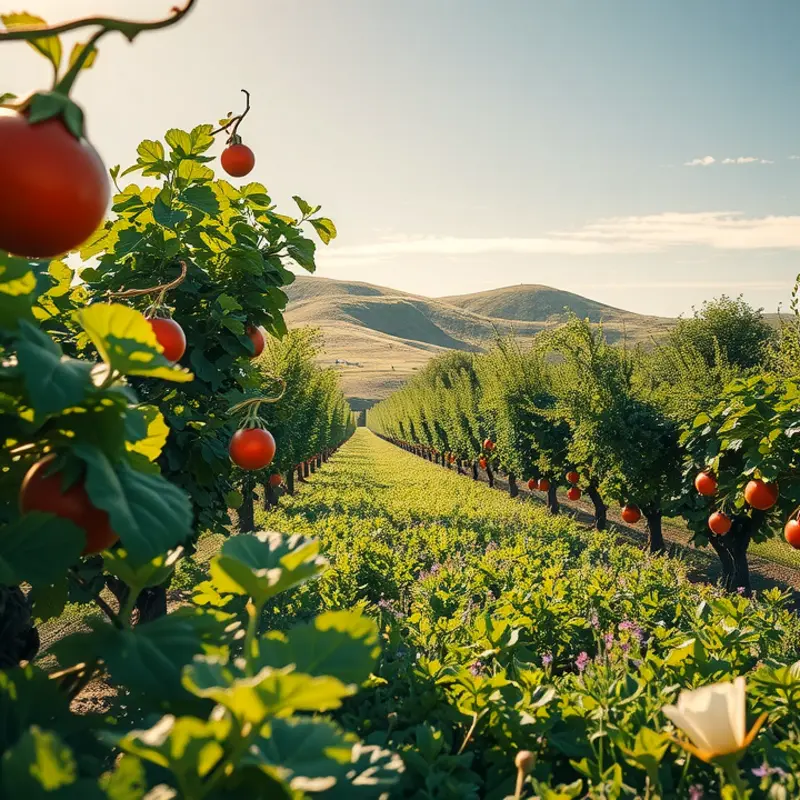
Mastering eco-wrapping techniques not only promotes sustainability but also preserves the freshness of your food. One of the most versatile and eco-friendly options available is the beeswax wrap. This reusable alternative to plastic wrap is perfect for covering bowls and wrapping sandwiches or snacks.
To properly use a beeswax wrap, start by holding the wrap in your hands for a few seconds. The warmth will make it pliable, allowing it to adhere to the surfaces you want to cover. Gently mold the wrap around the edges of a bowl or the exterior of food items. By gently pressing, the beeswax layer grips onto surfaces, effectively sealing in freshness. Remember, these wraps are breathable and naturally antibacterial, which helps extend the life of your perishable items.
Silicone bags offer another fantastic solution for sustainable food storage. They are not only reusable but also durable and versatile. Capable of withstanding both freezing and boiling temperatures, silicone bags can be used for storing anything from leftover soup to freshly chopped vegetables. They easily replace plastic zip-lock bags commonly used in kitchens.
To maximize their effectiveness, make sure to expel as much air as possible before sealing the silicone bag. This prevents oxidation and keeps the food fresher for longer. Moreover, their transparency allows you to see the contents without unsealing, reducing unnecessary exposure to air.
For those who prefer using glass jars, adding a beeswax wrap as an additional seal under the lid can enhance the airtight effectiveness. This combination is perfect for storing dry goods like grains or nuts. When using jars, ensure that the food is dry to prevent moisture build-up, which could jeopardize the freshness of the contents.
For a broader understanding of kitchen storage solutions, you can explore the Eco-Smart Kitchen Storage, which provides insights into optimizing your kitchen’s environmental footprint.
Finally, for achieving the best results with eco-wrapping techniques, always clean your wraps thoroughly after each use. Most beeswax wraps can be washed with cool water and a mild soap, then air-dried. Silicone bags, on the other hand, are more heat-resistant and can be washed in a dishwasher. Regular maintenance not only extends their lifespan but also ensures that they remain effective in preserving the freshness of your stored foods.
By integrating beeswax wraps, silicone bags, and glass jars into your food storage routine, you significantly reduce waste while maintaining the quality of your food, making eco-friendly living an achievable goal for every household.
Final words
Transitioning to eco-friendly food wrapping is a practical way to enhance food preservation while minimizing environmental impact. By embracing materials like beeswax wraps, silicone covers, and fabric bags, you not only save money but also contribute to sustainable living. These choices offer a healthy alternative to plastic, ensuring your food is stored safely and effectively. Start taking actionable steps today to elevate your food management practices and help create a cleaner, greener future for our planet.


